Is it greedy to play all of Chekhov’s eight characters in “Vanya”? If so, Andrew Scott brings generosity to his roles in “Vanya,” giving his all to each character.
“Vanya” is a modern adaptation by Simon Stephens of Chekhov’s play “Uncle Vanya,” directed by Sam Yates and designed by Rosanna Vize. Andrew Scott, best known for his roles as Moriarty in “Sherlock,” The Priest in “Fleabag,” and Adam in “All of Us Strangers,” is the only name in the cast.
Scott delivers a tour-de-force performance in his one-man show at the Lucille Lortel Theater. He is the sole presence on stage throughout the entire two-hour runtime of the show – bizarrely, with a tragic musicality, the minimalist set feels haunted yet graced by an entire ensemble.
Scott wears the same outfit throughout, never changing out of his teal button-down, pleated khaki trousers, and white trainers, though there are a few props that make their cycle through.
The audience is tasked with the responsibility of deciphering which character is speaking. This responsibility is no burden and comes naturally with the sensitivity and prowess that Scott brings to all eight roles.
The viewer looks through Scott with a kaleidoscope, watching him fragment through multitudes of dreams, emotions, and fears of various psyches.
He seamlessly transitions between the characters through tension and humor, with the slightest tweak in posture, mannerisms, and voice.
He channels the air of a tragic jester as the titular character Vanya. His voice becomes lower and melodic, punctuated by the rhythm of a tennis ball as Michael. He plays with a slim golden necklace as Helena, the apple of Michael’s eye. Helena’s husband Alexander, a bitter filmmaker, dons a silk scarf. Scott’s voice heightens into a frail sainthood as Sonia, Alexander’s child from another marriage.
In a stroke of genius, a player piano is placed at the edge of the set, where it develops almost a ghostly presence. The piano is the closest thing to a second actor the play gets.
Very early in the play, the piano becomes entwined with grief – subtly, Vanya touches it when he speaks of his dead sister. It comes to represent Sonia’s late mother and Vanya’s sister and becomes clear that her death is the root of the despair that haunts Vanya.
The pathos of the play is grief, as the characters grapple with their unfulfillment. Humor is injected in perfect dosages. When a minor character pipes in with a remark about the weather minutes into the first scene, another character asks, “Who said that?”
The logistics of a one-man performance make an intimate scene between two lovers sound strange; yet, when it happens, it’s not so bizarre. The spectacle holds a kernel of truth, which wards off how strange or silly it might seem.
Greed is a major theme. The characters in “Vanya” want to belong to themselves; they feel their struggles are unique, and they are dignified yet resentful of it. The poignancy here is impossible to ignore — when they are played by one person, the audience sees how ridiculous such sentiment is.
Constraint in theater often leads viewers to want more. “Vanya” does not present its audience with all the answers, and it is this constraint that provides a connection to the actor and the play so powerfully.


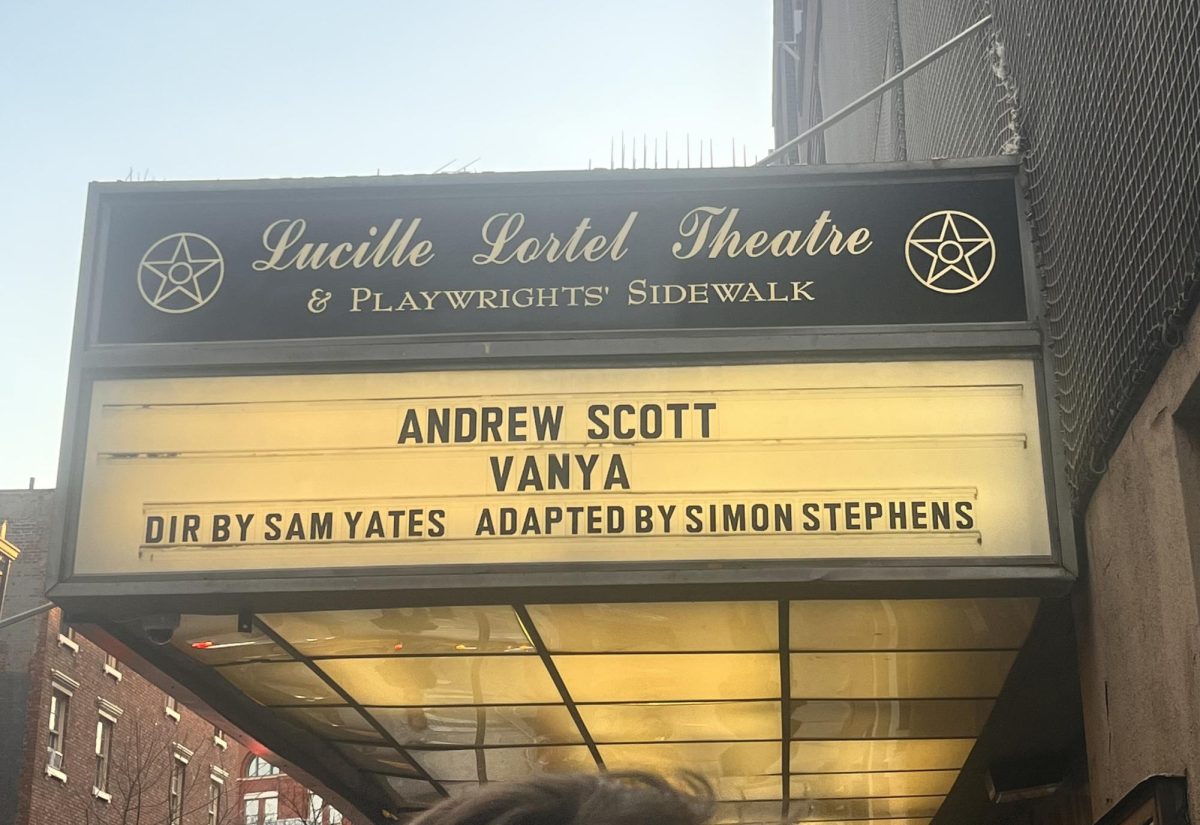
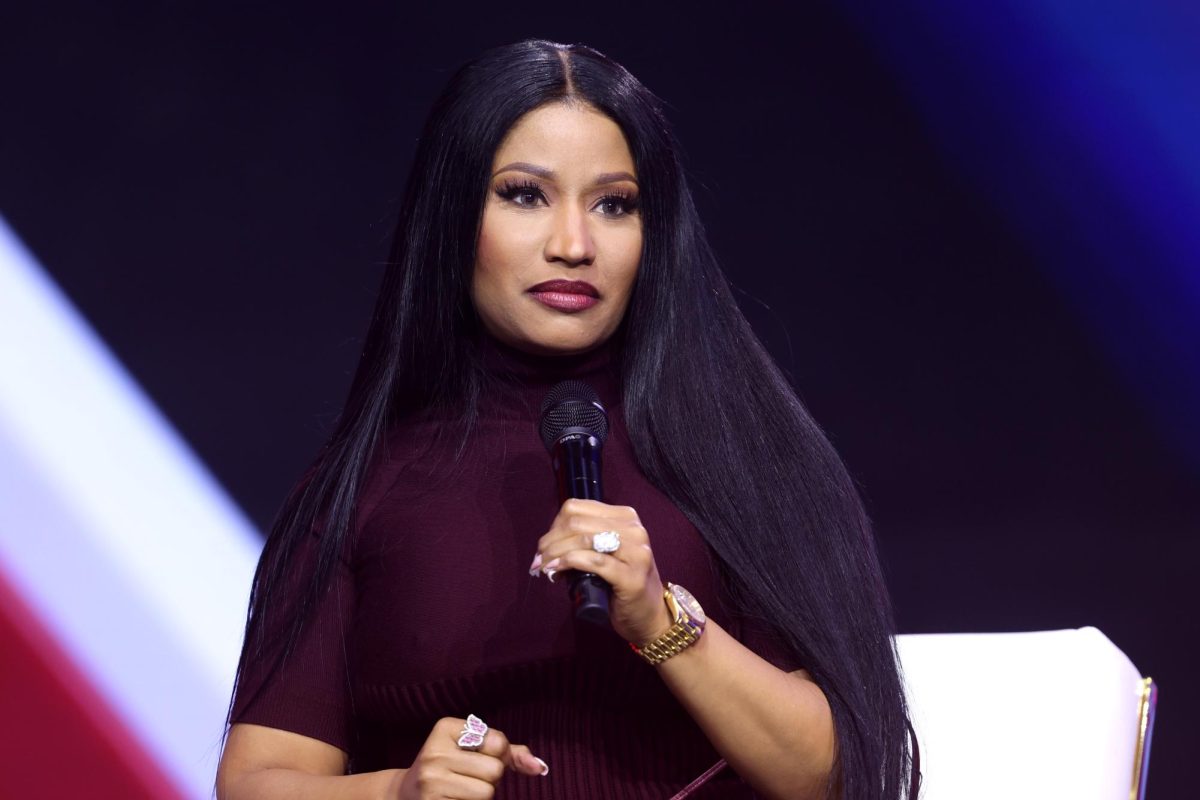
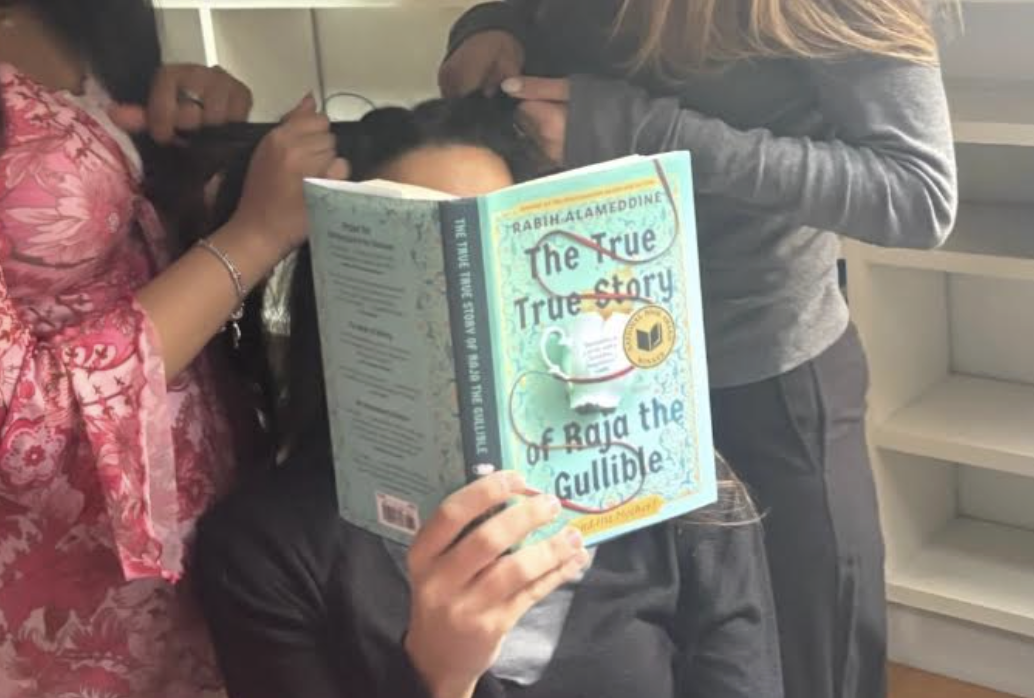


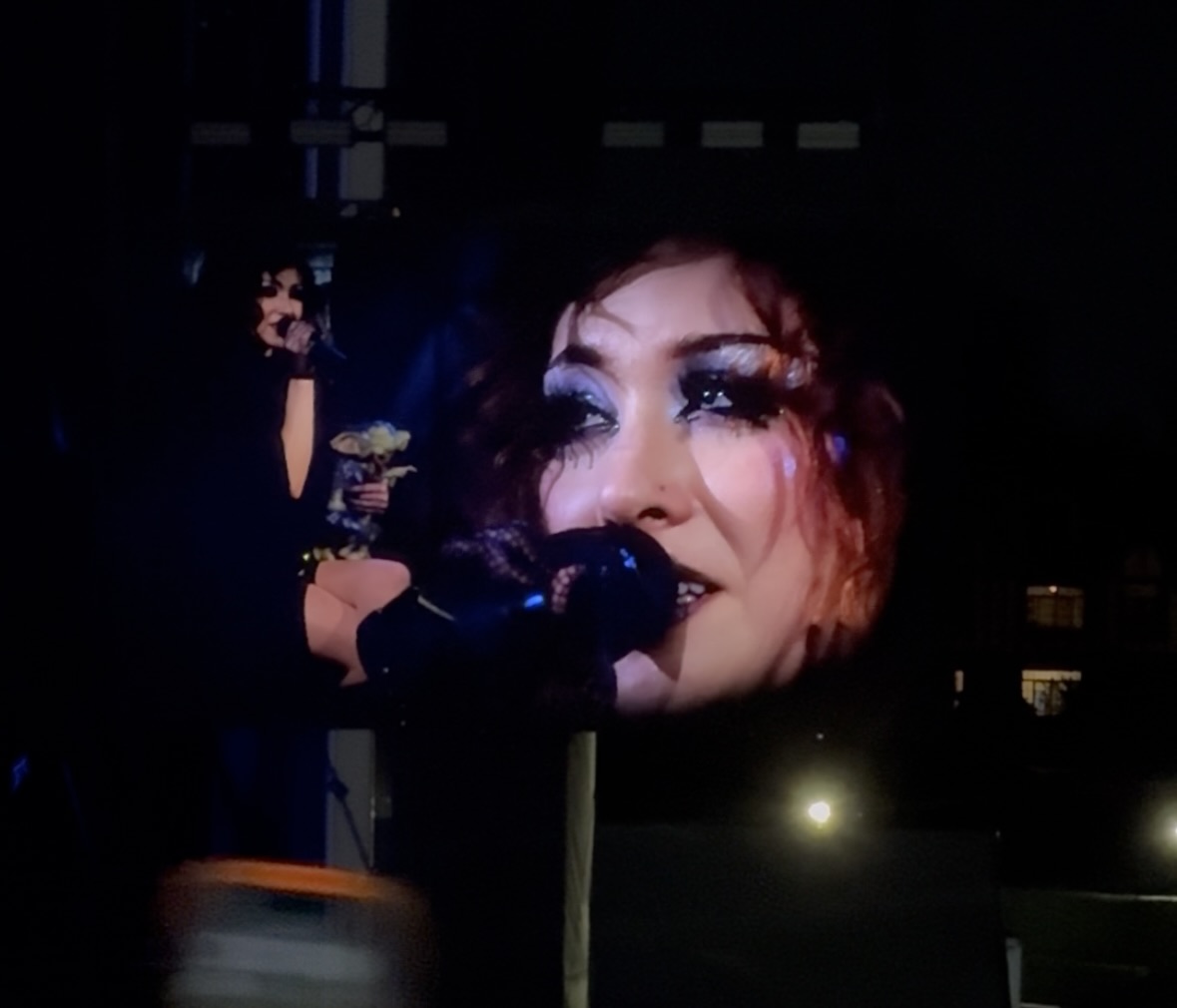
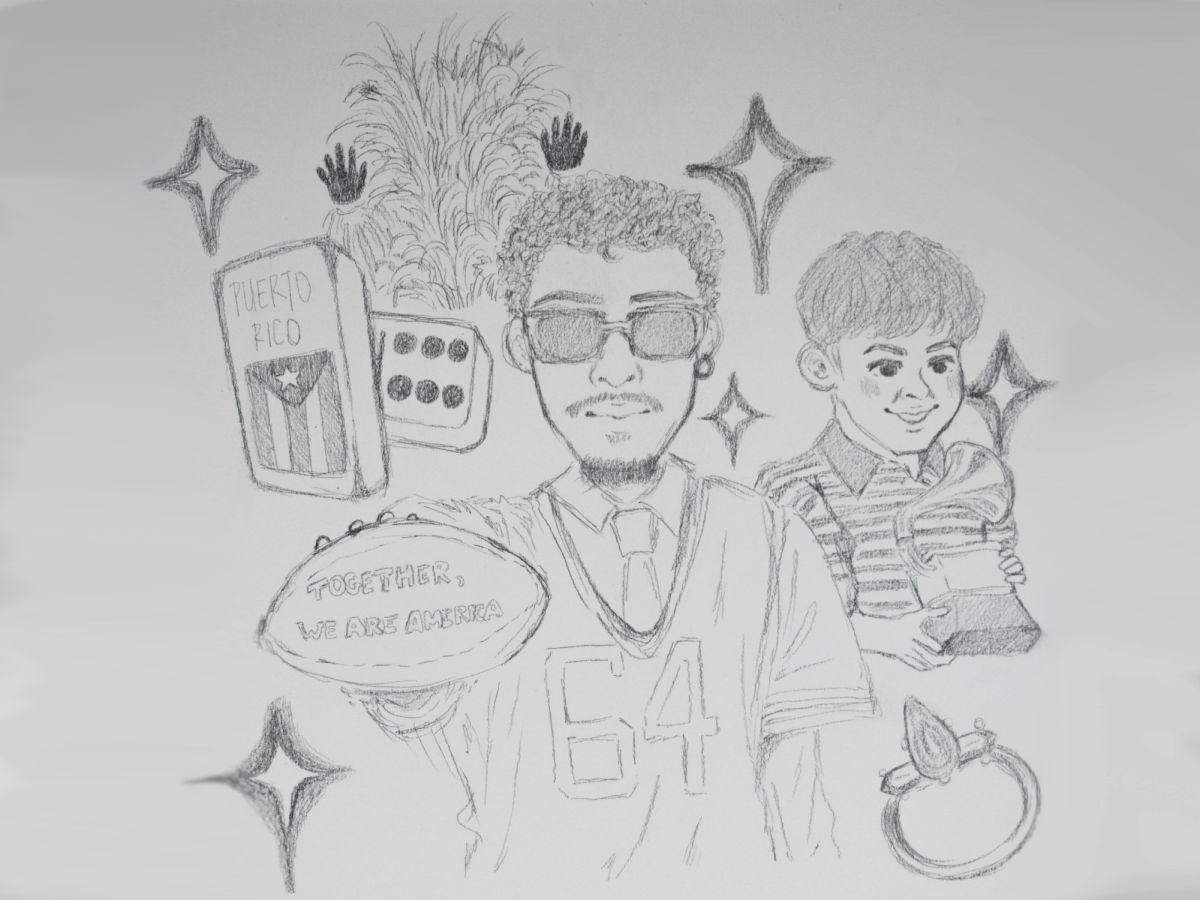
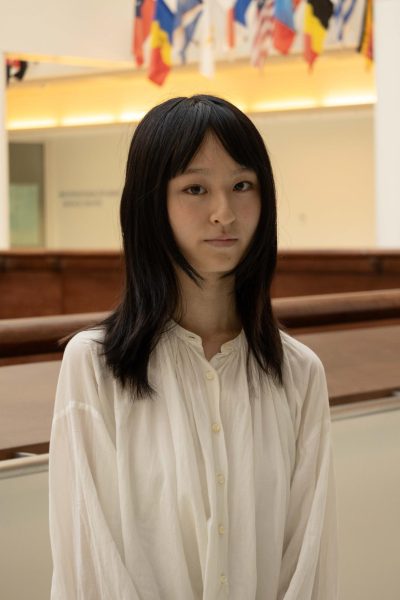
BF • Apr 1, 2025 at 10:05 am
It was amazing! He was amazing! The audience was completely silent, holding their breath, transfixed.